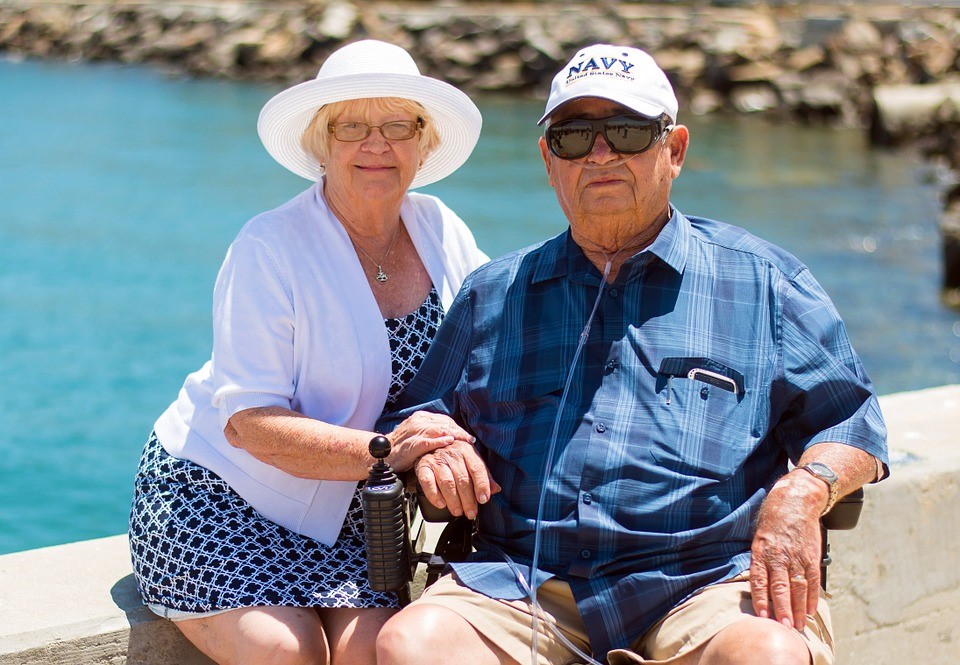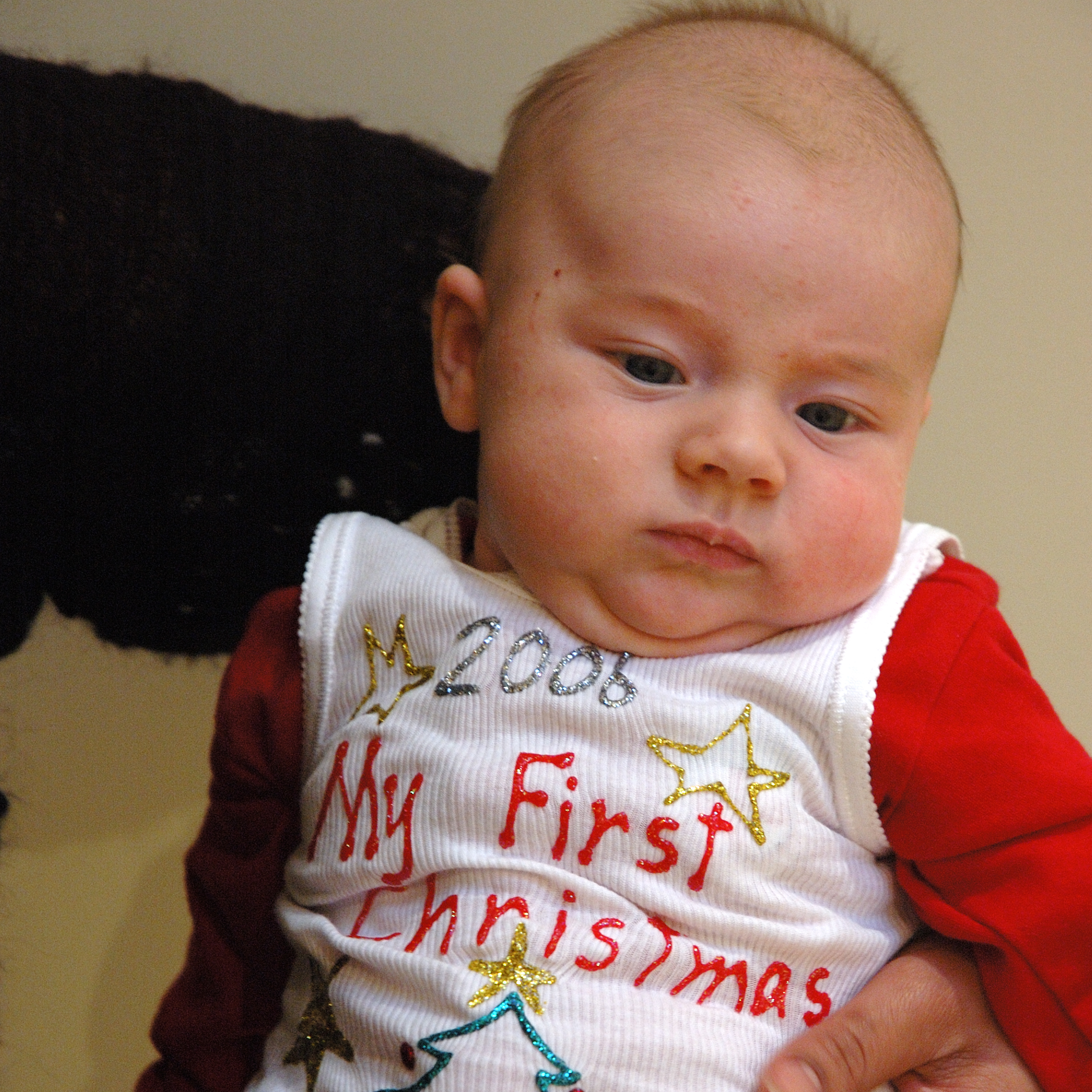It is thought that 6.5 million people in the UK act as carers, providing over 50 hours of unpaid care for a relative. They fulfil all kinds of roles from companion to cook, to nurse and chauffeur.
Most of these people look after their partner, spouse or other relative gladly and without complaint. This doesn’t make it any less hard or any easier to enjoy a quality of life beyond the four walls of the home.
And there are aspects of caring for someone that can, over time, become worse. One such problem is incontinence. In the early stages, it may mean using light absorbency incontinence pads but as age and illness march on, it can become ‘double incontinence’, making caring for someone tough.
What is incontinence?
It is an involuntary leakage of urine or faeces or sometimes both, known as double incontinence. It could be a small, occasional leak of urine, for example or as in some cases, it can be a total loss of bladder control.
For some people, their incontinence is known as urge incontinence, in which they feel the need to go to the toilet immediately and without warning. People with dementia can often suffer from this type of incontinence.
Stress incontinence is when there is a leak of urine as a result of exercise, coughing, laughing or sneezing. This tends to affect women more than men.
Faecal incontinence can range from passing a small stool when passing wind or total loss of bowel control. This is less common and affects both men and women equally.
Age and incontinence
Although not an inevitable part of aging, with some age-related illnesses and conditions, incontinence can be an issue and one that carers will may need to deal with. Carers can use, alongside incontinence pads and pants, other aids too including medication in some cases, such a measuring fluid intake and so on.
There are medical reasons why people can become incontinent in old age:
- Urinary tract infections – known as UTIs, these infections usually respond well to medication
- Prostate gland trouble – older men can sometimes have an enlarged prostate gland which can lead to an increasing in the frequency to urinate. This is also treatable.
- Constipation – as well as being uncomfortable, constipation also places extra pressure on the bladder which makes ‘holding on’ more difficult. It can also be a cause of faecal incontinence too, whereby liquid faeces flows around the hard, compacted stool.
- Side-effects of some medications – if you think this may be contributing or the cause of incontinence, the GP should be able to address this by changing the person’s medication.
- Other conditions such as irritable bowel syndrome can also underlie incontinence issues.
Tips for carers in helping to manage incontinence
It can be distressing, embarrassing and frustrating helping someone to deal with incontinence. It can make a lot of extra work in an already busy day, as well as placing relationships under pressure.
Prevention is better than cure thus, if you are a carer for someone, trying to prevent incontinence is key, thus keeping the urinary tract, bladder and bowel healthy is important:
- The person for whom you care should be encouraged to drink six to eight glasses of water throughout the day, increasing this slightly if the person suffers from hard stools or occasional constipation. A tumbler-sized glass is the usual ‘measurement’ given by various medical establishments and professionals. This water should be in addition to other drinks the person has. Increasing fluid intake helps to prevent constipation, urinary tract infection and confusion, a symptom of mild dehydration.
- Drink fluids throughout the day rather than squashing it together at one time – this can be very useful in preventing night time accidents.
- A balanced diet that contains five portions of fruit and veg also helps to regulate the bowel and bladder. Make sure that there is plenty of fibre and roughage in the diet too although with a total loss of bowel control, this will need to change.
- Encourage the person to stay as active and mobile as possible, walking a little every day if possible. This helps with bowel movements.
- Regular visits to the toilet along with allowing plenty of time to empty the bladder and bowel is important too. Sometimes, visiting the toilet within a few minutes of finishing a meal works and there are biological reasons why this works.
There are also many other things that a carer can do to help their spouse, partner or relative remain in control of their bladder and bowel, from using incontinence pads and pants, to making sure that the toilet is clearly identifiable.
Asking for help is important too for both you and the person you care.
Supplying both private customers and commercial, healthcare premises, HARTMANN Direct supply a range of high quality incontinence products, from light absorbency pads to pants. With ranges for both men and women, HARTMANN Direct understand the need for hassle-free ordering and delivery too!




